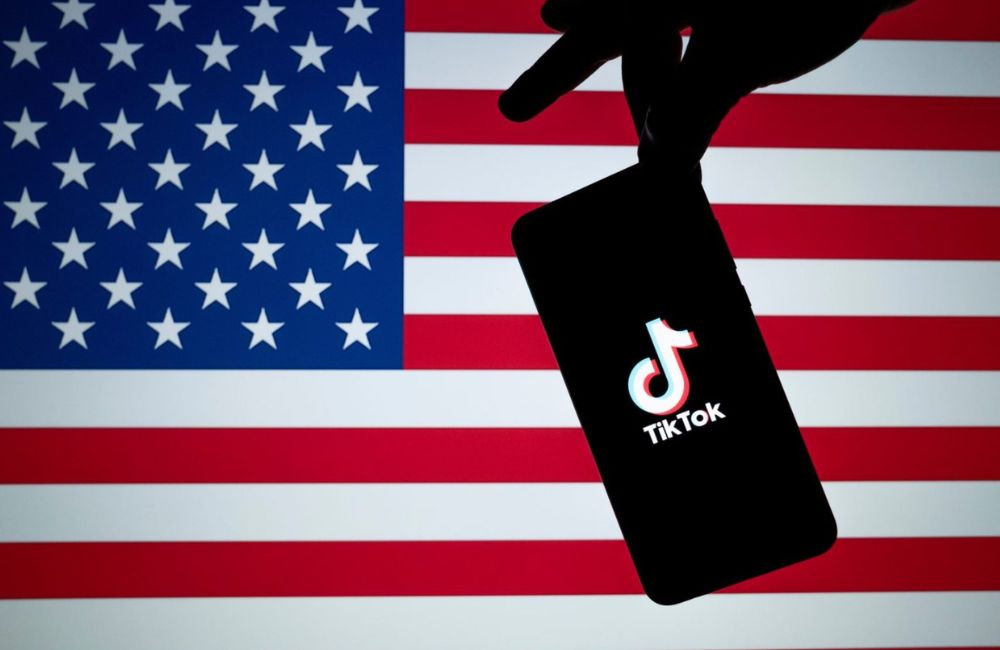The unprecedented ruling against TikTok has sent shockwaves through the American social media landscape, affecting 170 million users who have made the platform their digital home. The Supreme Court’s unanimous decision to uphold the potential ban of the popular video-sharing app marks a pivotal moment in the ongoing narrative of digital privacy, national security, and international relations. Since its launch in 2016, TikTok has transformed from a simple entertainment platform into a cultural phenomenon, reshaping how Americans consume and create content, influence markets, and build communities.
National security at the core of TikTok debate
The heart of the controversy stems from ByteDance‘s ownership of TikTok and its implications for American data security. The Supreme Court‘s 9-0 decision rejected ByteDance’s appeal, which argued that the ban infringed upon First Amendment rights. While acknowledging TikTok’s significant role in American digital expression and community building, the court prioritized congressional concerns over national security implications. The ruling highlights growing tensions between digital innovation and national security interests, setting a precedent for how America handles foreign-owned technology platforms.
Digital privacy in the age of TikTok
ByteDance’s data collection practices have come under intense scrutiny, particularly given its status as a Chinese company. The platform’s collection of user information extends beyond basic demographics to include location data, device information, and behavioral patterns. This comprehensive data gathering, combined with Chinese laws requiring companies to assist in government intelligence operations, has raised red flags among American security experts and policymakers. The platform’s algorithm, which powers its highly engaging “For You” page, processes vast amounts of user data to deliver personalized content, raising questions about data sovereignty and user privacy protection.
The path forward for ByteDance
As Jan. 19 approaches, ByteDance faces a critical decision point. The company could potentially avoid the ban through divestiture to a company that satisfies U.S. security requirements. This transition period becomes increasingly significant with the upcoming presidential transition, as the incoming administration has indicated its intention to review the situation thoroughly before implementing final decisions. ByteDance’s response to these challenges will likely influence future regulations of foreign-owned technology companies operating in the United States.
Community impact and creator response
The potential ban has catalyzed a wave of response from TikTok’s creative community. Content creators are preparing for possible platform changes, with many documenting their experiences and connections formed through the app. Artists like Scott Christian Sava have initiated farewell projects, demonstrating the platform’s significant impact on digital art and community building. The platform has become particularly crucial for small businesses, influencers, and artists who have built their livelihoods around TikTok’s unique ecosystem. These creators face uncertainty about maintaining their audiences and income streams if forced to migrate to alternative platforms.
Alternative platforms and future outlook
As uncertainty looms, alternative platforms are positioning themselves to fill the potential void. RedNote, a new entrant combining elements of TikTok and Instagram, has witnessed increased user migration. This shift highlights the enduring demand for platforms that facilitate creative expression and community engagement while raising questions about the future landscape of social media in America. Other established platforms like Instagram Reels, YouTube Shorts, and Triller are also expanding their short-form video capabilities to accommodate potential TikTok refugees.
Economic implications and market impact
The potential ban’s economic ripple effects extend beyond content creators to advertising agencies, marketing firms, and businesses that have invested heavily in TikTok-based marketing strategies. The platform has revolutionized digital advertising, particularly in reaching younger demographics. Many companies are now scrambling to diversify their social media presence and develop contingency plans for their digital marketing strategies.
The Supreme Court’s decision represents more than a legal ruling; it signals a transformative moment in digital governance, user privacy, and international technology relations. As the situation continues to evolve, the implications extend beyond TikTok to shape the broader conversation about data sovereignty and digital rights in an increasingly connected world. The outcome of this situation will likely influence future policies regarding foreign technology companies operating in the United States and set precedents for handling similar cases in the future.

















